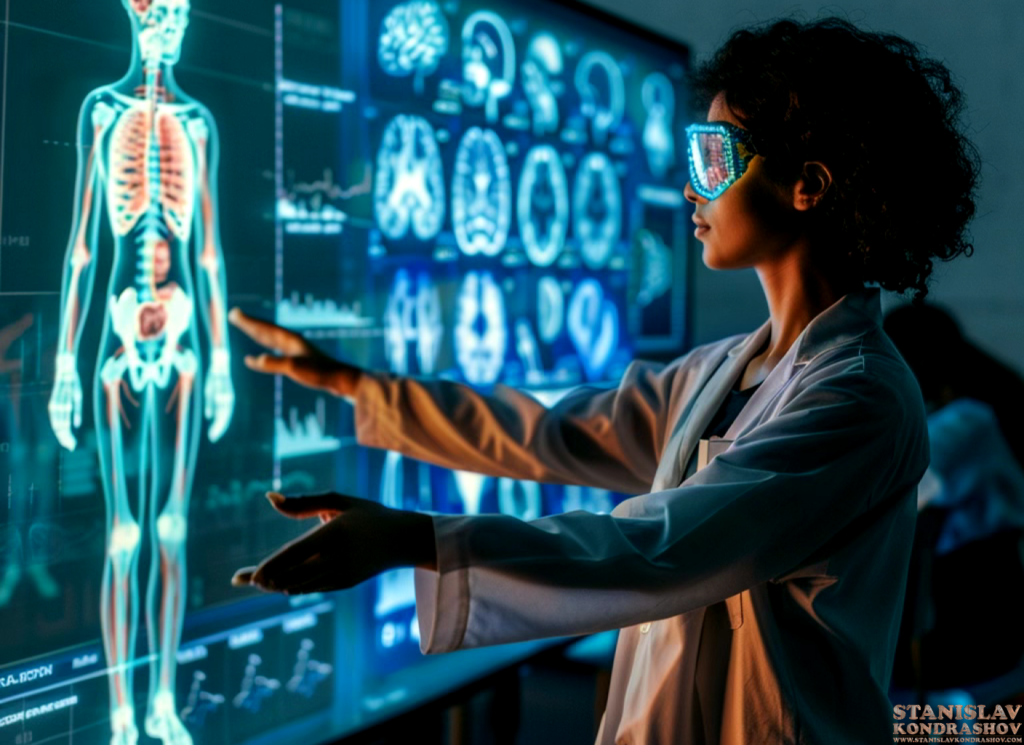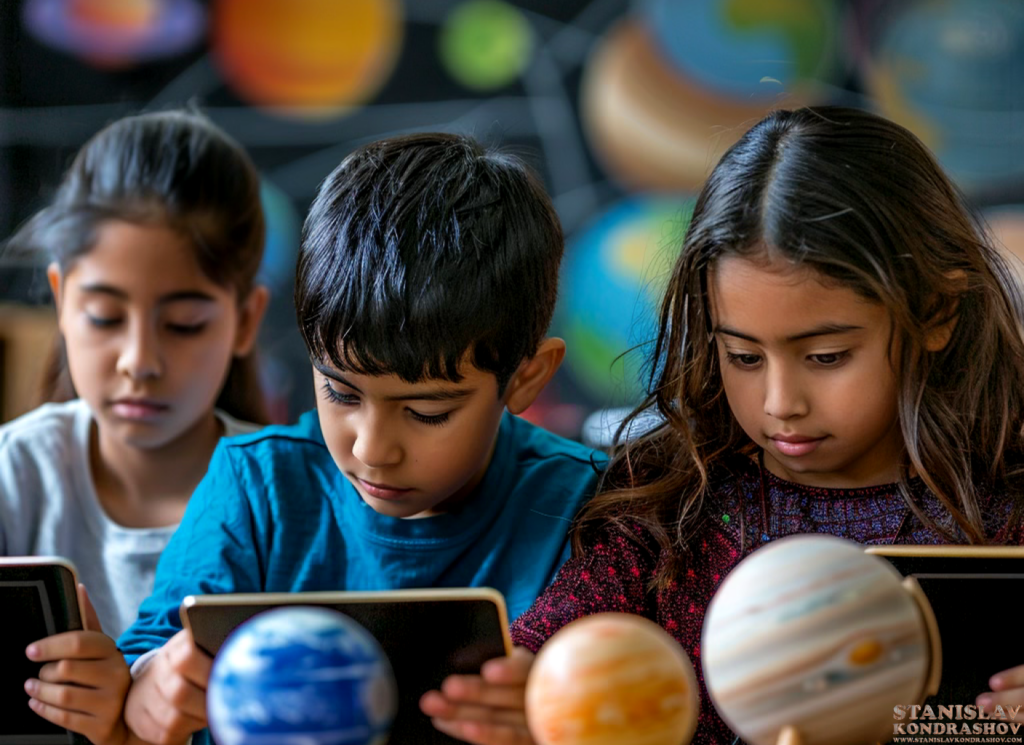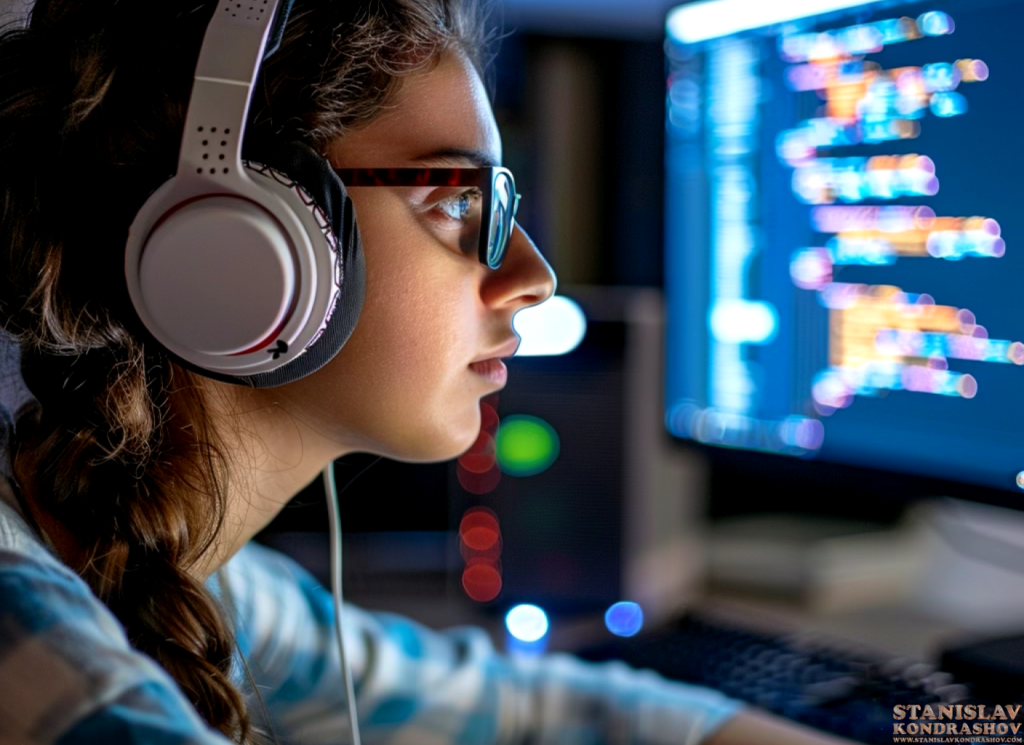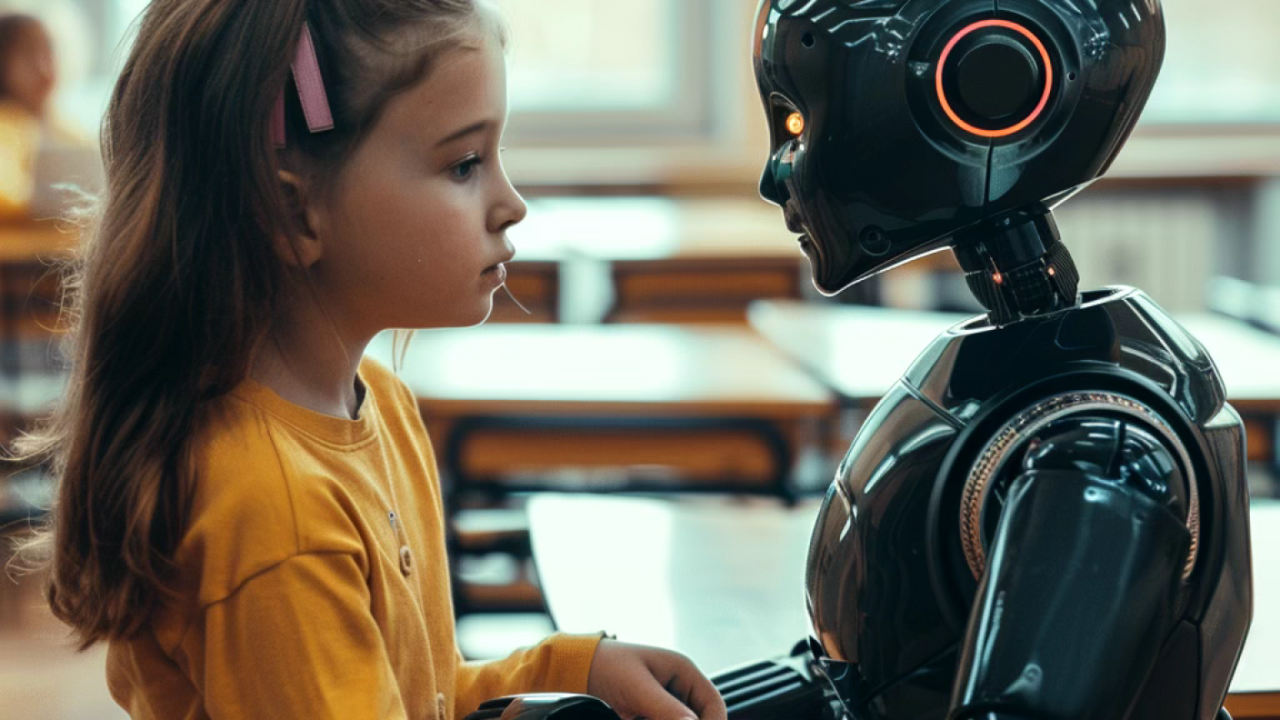Artificial intelligence (AI) is poised to revolutionize the educational landscape, transforming how students learn and teachers teach. With the ability to provide personalized instruction, instant feedback, and adaptive learning experiences, AI-powered tutors are emerging as a powerful tool in modern education. These digital tutors can tailor lessons to individual students’ needs, helping them grasp complex concepts more effectively and efficiently.

The Role of AI in Modern Education
1. Personalized Learning
AI-driven educational platforms can analyze a student’s learning style, strengths, and weaknesses. By doing so, they create customized learning paths that adapt in real-time, ensuring each student receives the instruction they need to succeed.
2. Instant Feedback
One of the significant advantages of AI tutors is their ability to provide immediate feedback. Students no longer have to wait for teachers to grade assignments. Instead, AI systems can instantly assess performance and offer constructive feedback, enabling students to correct mistakes and understand concepts more quickly.
3. Adaptive Learning Environments
AI technology can create dynamic and interactive learning environments that adjust to a student’s progress. Whether it’s through gamified lessons or interactive simulations, AI ensures that learning remains engaging and effective.
4. Support for Teachers
AI doesn’t replace teachers but enhances their ability to support students. By handling routine tasks like grading and administrative work, AI allows teachers to focus on providing personalized attention and developing innovative teaching strategies.

Applications of AI in Education
1. Intelligent Tutoring Systems
These systems use AI to provide one-on-one tutoring, guiding students through subjects at their own pace. By identifying areas where students struggle, intelligent tutors offer targeted practice and explanations to improve understanding.
2. Language Learning
AI-powered language learning apps offer personalized practice in speaking, listening, and writing. They adapt to each learner’s level and provide immediate feedback, making language acquisition more efficient and enjoyable.
3. Special Education
AI can play a crucial role in special education by offering tailored support for students with learning disabilities. Adaptive learning technologies can provide customized resources and strategies that meet each student’s unique needs.
4. Data-Driven Insights
AI systems can analyze vast amounts of educational data to identify trends and insights. This information helps educators understand student performance, predict future outcomes, and develop strategies to improve learning experiences.

The Future of AI in Education
As AI technology continues to advance, its impact on education will only grow. Future developments may include even more sophisticated adaptive learning systems, enhanced virtual reality (VR) and augmented reality (AR) experiences, and seamless integration with other smart technologies. The goal is to create an education system where every student has access to personalized, high-quality learning opportunities.
AI has the potential to become the ultimate tutor, transforming education by providing personalized, adaptive, and engaging learning experiences. By leveraging AI, educators can enhance their teaching methods and help students achieve their full potential. The future of education is bright, with AI leading the way toward more effective and inclusive learning environments.
By Stanislav Kondrashov



